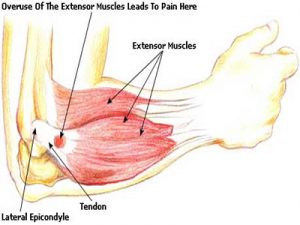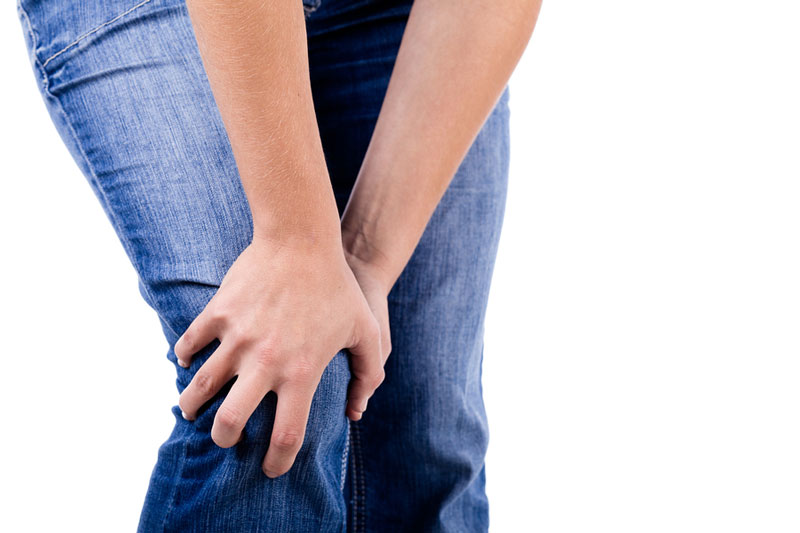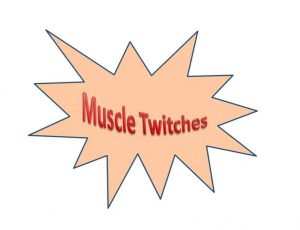 Bicipital tendonitis is a common cause of shoulder pain, often developing in people who perform repetitive, overhead movements. Biceps tendinitis develops over time, the pain being located at the front of the shoulder. The biceps muscle has two parts referred to as the long head and the short head. The tendon of the long head of the biceps is most commonly implicated with tendonitis. When this tendon is subjected to repetitive stresses, it can become irritated, swollen, and painful.This occurs where the tendon sits within the bicipital groove at the top of the humerus under the transverse ligament before it becomes part of the shoulder joint capsule.
Bicipital tendonitis is a common cause of shoulder pain, often developing in people who perform repetitive, overhead movements. Biceps tendinitis develops over time, the pain being located at the front of the shoulder. The biceps muscle has two parts referred to as the long head and the short head. The tendon of the long head of the biceps is most commonly implicated with tendonitis. When this tendon is subjected to repetitive stresses, it can become irritated, swollen, and painful.This occurs where the tendon sits within the bicipital groove at the top of the humerus under the transverse ligament before it becomes part of the shoulder joint capsule.
Pain at this exact spot when pressed with a finger as the arm is rotated in and out while standing, is usually a fairly reliable test to confirm this condition. Imaging techniques such as MRI are typically not needed to diagnose biceps tendonitis.
Symptoms – Bicipital Tendonitis
Pain or tenderness in the front of the shoulder, which worsens with overhead lifting or activity.
Pain that moves down along the upper arm
An occasional snapping sound or sensation in the shoulder
Treatment – Bicipital Tendonitis
The initial goals of treatment for bicipital tendonitis are to reduce inflammation and swelling. Patients should restrict above shoulder height movements, reaching out with the affected arm and lifting. They should apply ice to the affected area for 10-15 minutes, 2-3 times daily for several days. Non-steroidal anti-inflammatory drugs (NSAIDs), such as ibuprofen, may help recovery. Probably the biggest aid to recovery is rest from the aggravating activity for several weeks. I often come across this condition in weight trainers who front press or incline bench press, the bar being too far out from their neck during pressing. It is also common in swimmers with poor technique or who ramp up their training distance/pace too quickly.
Physiotherapist Tralee : Phone 086-7700191 for an appointment, second opinion or to discuss your injury.

 Bicipital tendonitis is a common cause of shoulder pain, often developing in people who perform repetitive, overhead movements. Biceps tendinitis develops over time, the pain being located at the front of the shoulder. The biceps muscle has two parts referred to as the long head and the short head. The tendon of the long head of the biceps is most commonly implicated with tendonitis. When this tendon is subjected to repetitive stresses, it can become irritated, swollen, and painful.This occurs where the tendon sits within the bicipital groove at the top of the humerus under the transverse ligament before it becomes part of the shoulder joint capsule.
Bicipital tendonitis is a common cause of shoulder pain, often developing in people who perform repetitive, overhead movements. Biceps tendinitis develops over time, the pain being located at the front of the shoulder. The biceps muscle has two parts referred to as the long head and the short head. The tendon of the long head of the biceps is most commonly implicated with tendonitis. When this tendon is subjected to repetitive stresses, it can become irritated, swollen, and painful.This occurs where the tendon sits within the bicipital groove at the top of the humerus under the transverse ligament before it becomes part of the shoulder joint capsule.

